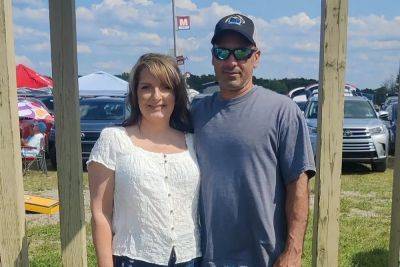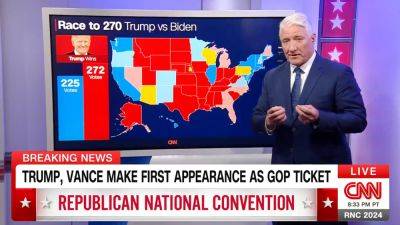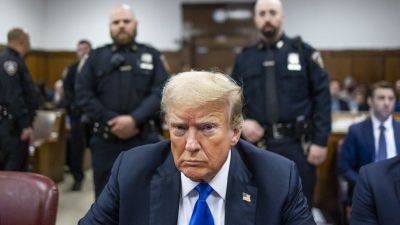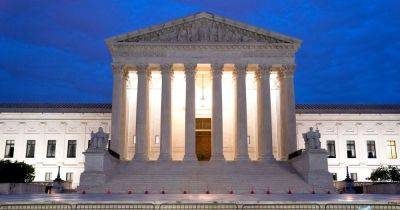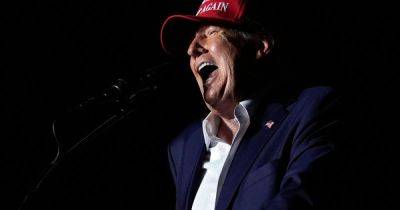Supreme Court says Trump has absolute immunity for core acts only
In a historic, consequential, and controversial decision on Monday, the Supreme Court granted substantial immunity from prosecution to former president Donald Trump on election subversion charges.
The decision almost certainly will delay his trial until after the November election, if it takes place at all. The vote was 6-to-3, with the court’s Republican appointees all in the majority, and the Democratic appointees in fierce dissent.
The decision, written by Chief Justice John Roberts, established a broad new immunity from prosecution, not just for Trump, but for past and future presidents, too. Presidents may not be prosecuted for exercising their “core” constitutional powers, and even in situations where former presidents might be prosecuted after leaving office, they are entitled to at least presumptive immunity from prosecution for official actions they took as president.
Such immunity is needed, said the chief justice, in order to protect an “energetic,” and “independent executive,” willing to take “bold” actions and make unpopular decisions when needed. And while Roberts said that private actions by a former president are not protected from prosecution, his opinion seemed to inexorably intertwine private and public actions.
The court, however, did not itself resolve whether any of the election subversion charges against Trump could go forward; rather, the justices sent the case back to the trial court judge to determine whether any of the charges against Trump are sufficiently private to survive—in other words, not within his official purview as president. And it made it far more difficult to prosecute a former president by limiting the evidence a prosecutor could present.
In a brief statement to reporters on


